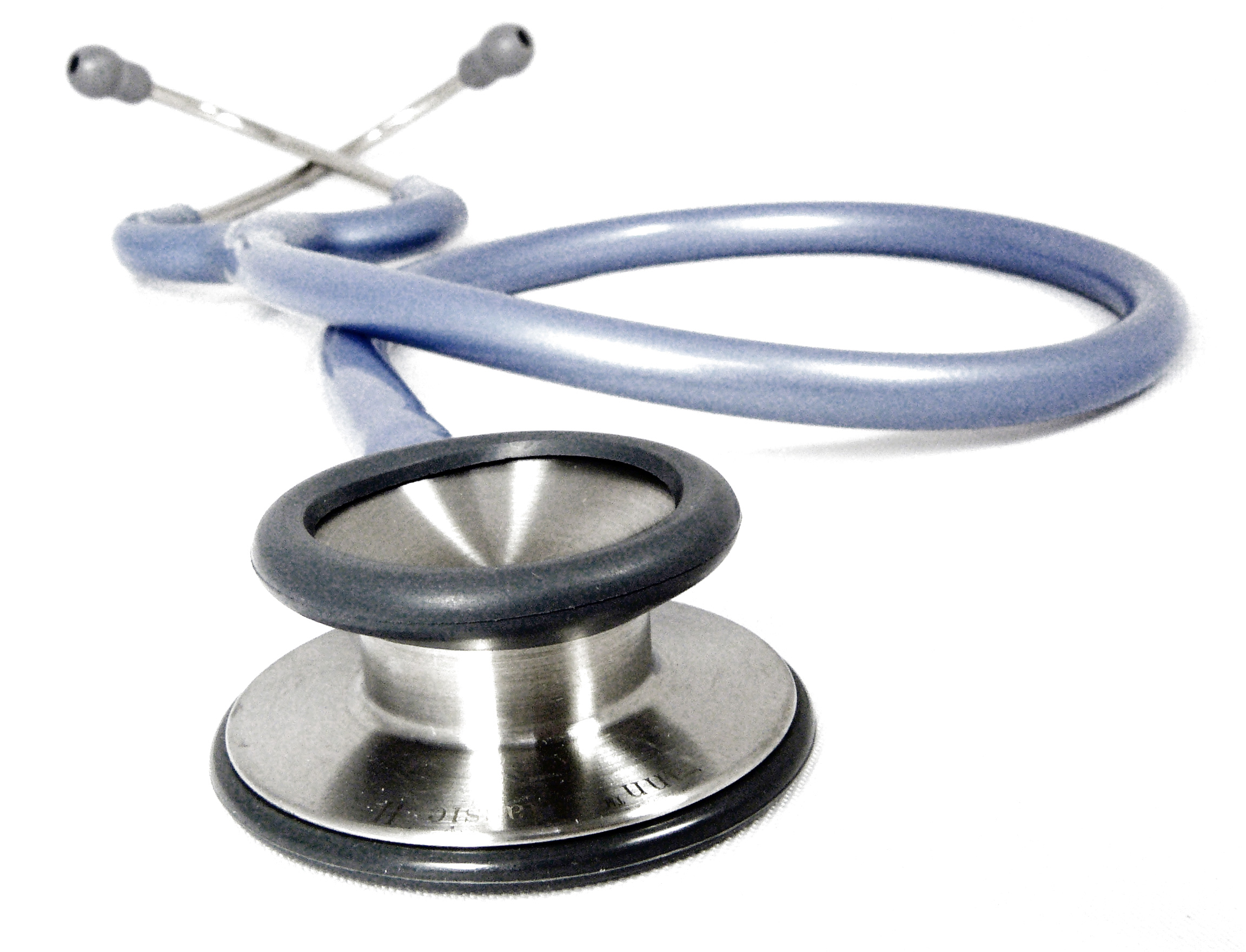 Looking for ways to get involved and connect with your peers while taking summer classes? Join NOVA Online Student Life for our Summer Wellness Series! You might be asking yourself, what do we mean when we say “wellness”. Wellness can be seen as any self-directed habits of well-being that attribute to your overall quality of life. Within our series this summer, we will be highlighting six different dimensions of wellness that can affect you as a college student .
Looking for ways to get involved and connect with your peers while taking summer classes? Join NOVA Online Student Life for our Summer Wellness Series! You might be asking yourself, what do we mean when we say “wellness”. Wellness can be seen as any self-directed habits of well-being that attribute to your overall quality of life. Within our series this summer, we will be highlighting six different dimensions of wellness that can affect you as a college student .
By participating in this Summer Wellness series, you will be able to:
-Identify how concepts of health are connected to issues of academic success, diversity, the environment, and lifelong wellbeing.
– Recognize awareness that health involves the holistic balance and integration of physical, mental, emotional, social, and spiritual, aspects of oneself.
-Define personal health values and understand these values within the context of a larger healthy society.
– Actively apply health decisions by recognizing how personal choices and habits play a role.
Here is some more information about the six areas that we will discuss:
Physical Wellness – This area emphasizes maintaining a healthy body. This includes upholding an active lifestyle, mindfulness of your eating habits, sleeping, managing stress, and the importance of preventative medical care. Maintaining a healthy body is a key component to a long healthy life.
Intellectual Wellness – Staying curious and engaged in learning new things. Being a lifelong learner won’t just make you a well-rounded individual, it will make you healthier. Engage in creative and mentally stimulating activities. Read for pleasure, be aware of social and political issues, or join a club or group that focuses on enhancing intellectual interests.
Social Wellness – This area can include developing healthy relationships. Having a strong support network that can give you guidance when you are stressed or need stress relief. Nurturing pro-active and reactive habits that can aid in the development of healthy communication (online and in-person) and boundary development.
Financial Wellness – Understanding how to live within your financial means. Planning for future financial health. Learning to think short and long-term in order to manage your resources is essential for a healthy financial experience including learning to be a good consumer.
Spiritual /Emotional Wellness – College is stressful and students can often feel overwhelmed. Maintaining a healthy emotional and spiritual life is important to overall health. This can include managing your stress level, staying on top of school work and knowing when to ask for help. Exploring spirituality can include a religious or faith community, meditation, being in the outdoors, spending time exploring yourself with reflection.
Cultural /Environmental Wellness – Taking care of your personal surroundings. Actively working to serve your environments can improve your health and the health of the people around you.
Through sharing resources, discussion with peers and personal reflection, you can prevent future health problems and consequences by making healthier choices a habit and part of your everyday life.
How can you participate?
1) Follow this blog, every Wednesday this summer for our wellness posts! Review the articles, videos, and resources that we will post each week and share your thoughts and comments.
2) Join in our weekly discussions! Visit our Virtual Student Union and find our Summer Wellness Series discussion forum. Share some of your own wellness experiences and connect with peers
3) Follow us on Social Media! Follow us @NOVA Online on Facebook and Twitter to get updates on new topics events and fun virtual wellness activities throughout the summer.
For more information, contact elistulife@nvcc.edu
 This week we focus on spiritual and emotional wellness. College is stressful and students can often feel overwhelmed. Maintaining a healthy emotional and spiritual life is important to overall health. This can include managing your stress level, staying on top of school work and knowing when to ask for help. Exploring spirituality can include a religious faith community, meditation, being in the outdoors, and taking time for reflection.
This week we focus on spiritual and emotional wellness. College is stressful and students can often feel overwhelmed. Maintaining a healthy emotional and spiritual life is important to overall health. This can include managing your stress level, staying on top of school work and knowing when to ask for help. Exploring spirituality can include a religious faith community, meditation, being in the outdoors, and taking time for reflection.








 e fair and rally followed by a candle light march around the campus. We invite resources within the NOVA community, as well as outside resources. During our rally, we invite sexual assault, domestic violence and/or stalking survivors to talk about their experiences. If you would like to participate in the next Take Back the Night at NOVA, please contact Angela Acosta at
e fair and rally followed by a candle light march around the campus. We invite resources within the NOVA community, as well as outside resources. During our rally, we invite sexual assault, domestic violence and/or stalking survivors to talk about their experiences. If you would like to participate in the next Take Back the Night at NOVA, please contact Angela Acosta at 


